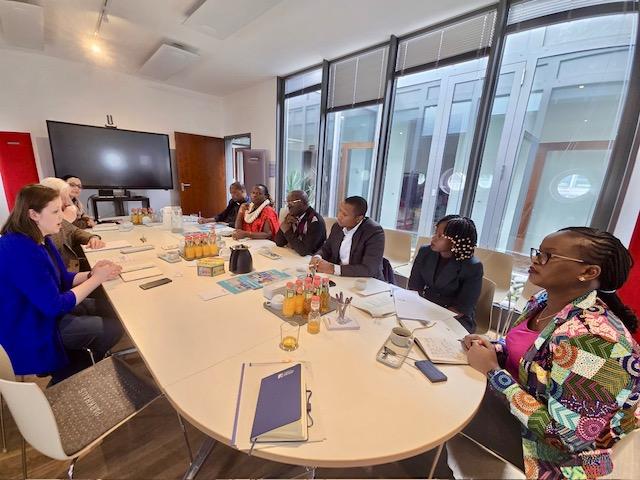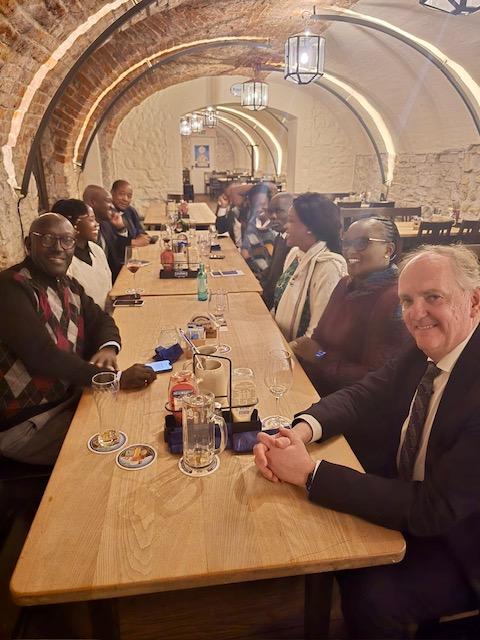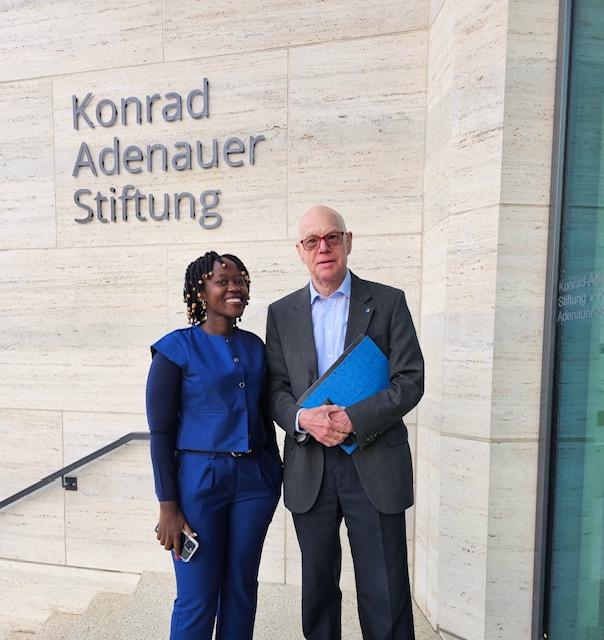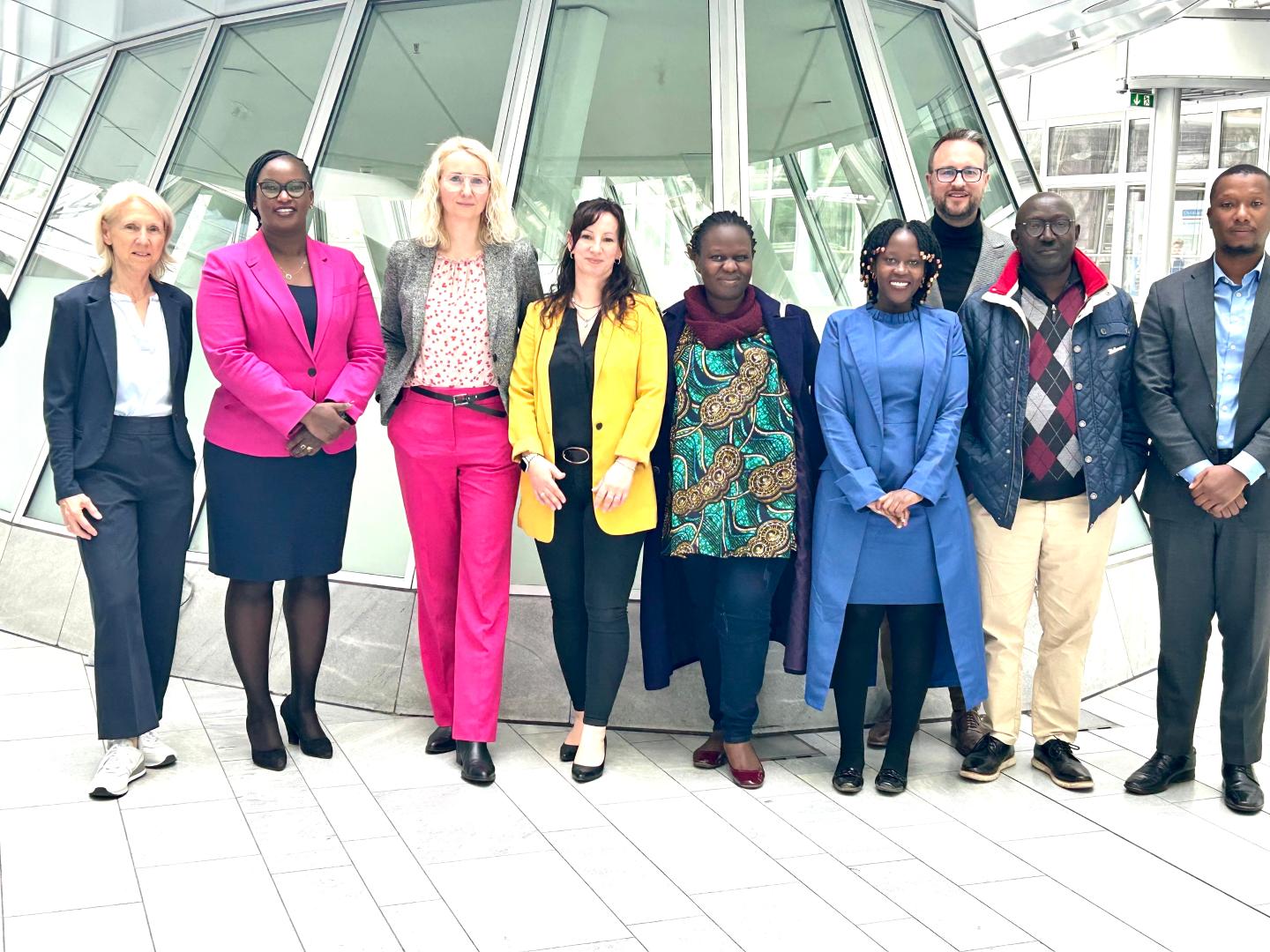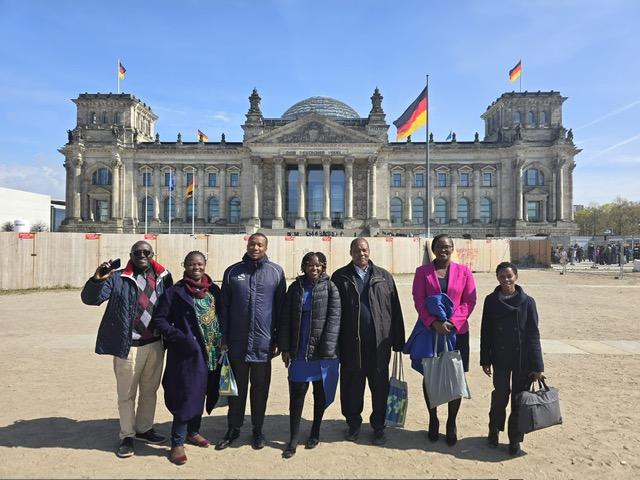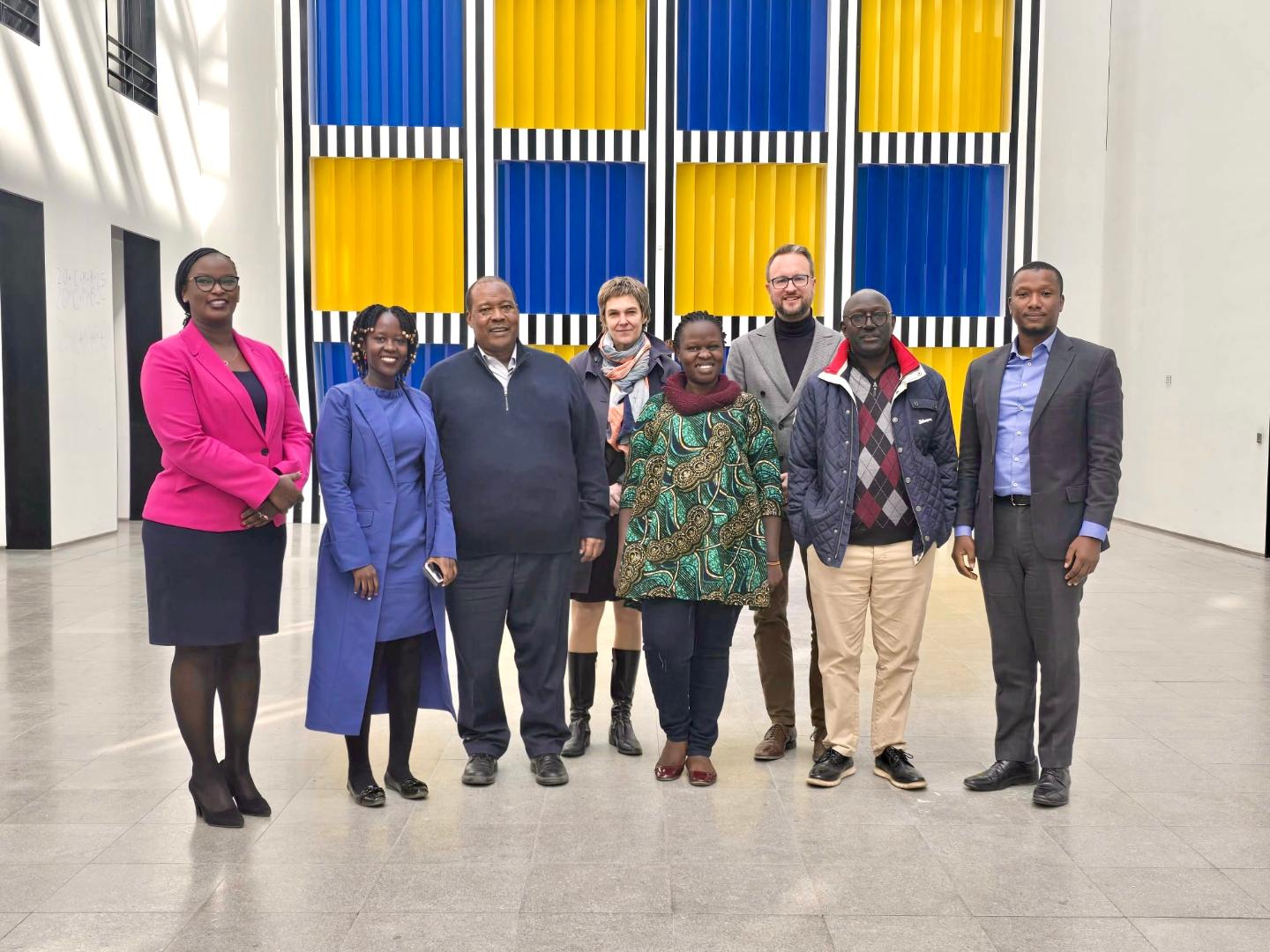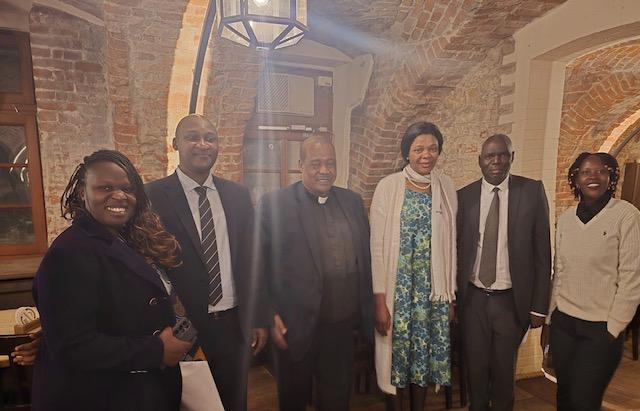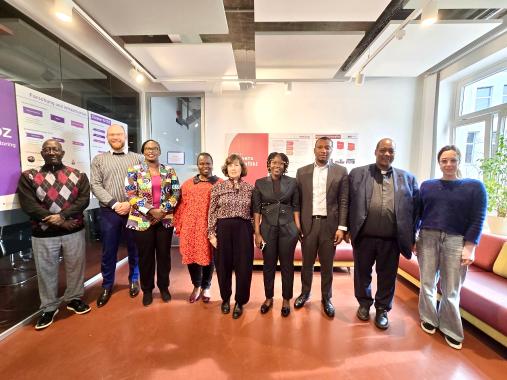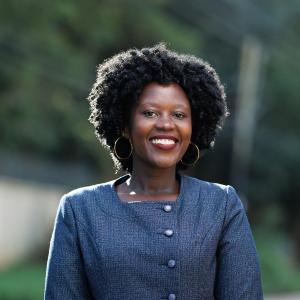The Ugandan delegation comprising Anisha Alinda, Migration Expert and Programme Manager at the KAS Uganda & South Sudan, and Linda Asaba, Coordinator of the UN Youth Delegate Project and a Fellow with Youth4Policy’s Migration Programme, was honoured to engage directly with senior policymakers, members of the Bundestag, Federal Ministries of Labour, Foreign Affairs and Economic Cooperation, as well as with Germany’s private sector leaders and research institutions. These exchanges underscored a central message: structured migration can be a triple-win benefitting sending countries, receiving countries, and the migrants themselves.
Germany faces an aging population and critical shortages in fields such as healthcare, IT, engineering, and social care. In contrast, Uganda and its neighbours boast some of the youngest populations globally. With over 78% of Ugandans under the age of 30, the potential for labour mobility to drive economic development is undeniable. However, youth unemployment remains an urgent challenge. These demographic differences are not a contradiction they are a complement waiting for policy to unlock their mutual benefit.
Throughout the programme, informal diplomacy flourished across dinner tables, in candid corridor conversations, and during high-level meetings. Delegates examined Germany’s approach to managing migration through a strong governance framework, institutional coordination, and public-private collaboration. Visits to the Berlin Chamber of Commerce and the Confederation of German Employers' Associations demonstrated the private sector’s active role in skill matching and migrant integration. The Kenya-Germany labour migration agreement emerged as a key case study. It highlighted the power of bilateral partnerships in ensuring safe, ethical, and development-sensitive labour mobility. Delegates from Uganda echoed a strong call for their own government to pursue a similar framework, while emphasizing that progress however need not wait for formal agreements.
Among the most resonant lessons were the importance of predictability and fairness in migration processes, the necessity of integration support such as language and cultural orientation, and the critical role of returning diaspora as development agents. Delegates noted that migration must be about mobility with meaning, where skills are nurtured at home, valued abroad, and welcomed back with reintegration support to maximize impact. This thinking also aligns closely with the UN Sustainable Development Goals (SDGs), particularly SDGs 8, 10, and 17, which call for decent work, reduced inequalities, and strong global partnerships.
Opportunities for Uganda to Reduce Unemployment
Structured Labour Export: Position Uganda as a source country for skilled professionals in areas of global labour demand through government-endorsed programs.
Youth Skills Acceleration: Invest in short-term, employment-linked training that responds to both domestic and international markets.
Public-Private Partnerships for Employment: Strengthen collaboration between the government, private sector, and development partners to create employment pathways.
Digital and Green Economy Integration: Equip youth with skills in renewable energy, digital technology, and circular economy models, creating employment in emerging sectors.
Local Economic Development: Promote regional industrial parks, agribusiness hubs, and tourism corridors that decentralize job opportunities and support inclusive growth.
Actionable Recommendations for Uganda
Develop and Operationalize a National Labour Migration Policy: Uganda should expedite the finalization and implementation of its labour migration policy. This will help regulate recruitment agencies, protect migrant workers, and align migration efforts with national development plans.
Establish Bilateral Migration Agreements: Government-to-government agreements, such as Kenya’s with Germany, provide structured pathways for labour mobility. Uganda should initiate similar negotiations focusing on key sectors and ethical recruitment practices.
Align Skills Development with Global Labour Market Needs: Revise and standardize TVET and higher education curricula to reflect global skill demands, particularly in ICT, nursing, mechatronics, and care work. Involve industry players in curriculum design and delivery.
Promote Pre-departure and Returnee Programs: Design and implement standardized pre-departure training programs including German language, intercultural competence, and labour rights. Develop reintegration programs offering mentorship, business incubation, and skills application for returnees.
Leverage the Ugandan Diaspora: Establish structured diaspora engagement programs. Promote diaspora investment in skills development, mentorship, and job creation initiatives, particularly targeting sectors aligned with national priorities.
This dialogue programme marked more than a week of meetings; it was a catalyst for transformative thinking. Delegates return home energized, informed, and committed to ensuring that skilled labour migration becomes a cornerstone of sustainable development in East Africa. As one participant aptly concluded: “Germany gets the workers it needs, and our youth get a shot at job opportunities. That’s the essence of a triple win.”
Authors: Anisha Alinda and Linda Asaba Awebwa.




